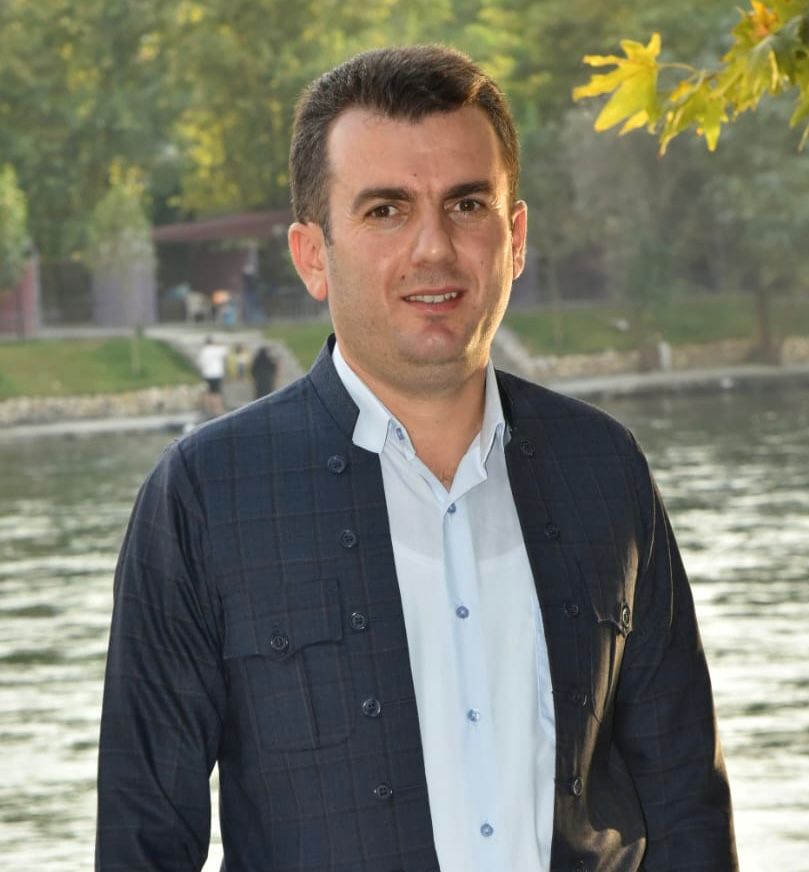Darzila Spring, a natural sulfur cave in Kurdistan, attracts tourists seeking skin treatments, yet lacks infrastructure for full tourism development.
By Gharib Ali Alim*
Since ancient times, people have visited Garaw (sulfur springs) to treat skin diseases like scabies. These mineral-rich waters, scientifically classified as mineral springs, contain high levels of dissolved solids and salts, making them unsuitable for drinking or agriculture. Their temperatures can reach 45°C, significantly higher than regular water (15–30°C). The Total Dissolved Solids (TDS) content exceeds 1000–2000 ppm, unlike ordinary water (150–500 mg/L).
These springs originate from deep underground, where the Earth’s core heats the water through molten volcanic material, increasing its temperature and mineral content. In the Kurdistan Region of Iraq, numerous natural mineral springs exist, varying in composition. Historically, people have sought these springs for skin disease relief, and today they attract visitors as health tourism destinations.
Darzila Spring: A unique sulfur cave in Sulaymaniyah
One of Kurdistan’s notable sulfur springs is Darzila Spring, located in Sangaw District, Sulaymaniyah Governorate, about 1 km north of Darzila village and 18 km northwest of Sangaw town. It lies within the southern limb of Ag Dagh anticline at 686 m above sea level. The cave formed within Pila Spi Formation (Eocene) limestone, in the Zagros Mountains. The cave entrance is 30 m in diameter, with a 1.5 m passage leading inside. The explored length is about 200 m.
Spring’s water, rich in sulfur and sulfur compounds, makes it inhospitable for aquatic life. Despite this, many visitors come daily, seeking natural treatment for allergies, acne, eczema, and burns. The chemical composition includes sulfuric acid, calcium sulfate, hydrogen, and dissolved salts, making it unsuitable for drinking.
Chemical properties and water composition
Darzila Cave has two types of groundwater inlets:
• Type A (TDS: 11,904 – 12,083 mg/L) – Milky appearance, high mineral content.
• Type B (TDS: 1,032 – 1,073 mg/L) – Oxygenated water, lower mineral content.
The cave’s sulfate-rich water is supersaturated with gypsum, while bacterial filaments and elemental sulfur coat rock surfaces. Piper Diagram analysis shows that the water type is Ca–SO4, with noncarbonate hardness exceeding 50%.
Darzila Spring remains a popular natural treatment site, offering visitors a rare and therapeutic experience in the Kurdistan Region.
From the pH values of Darzila spring water are in ranging from 2.19 and 7 for all springs, it can destroy germs and viruses that grow on human skin. Patients first soak themselves in the mud around the return and then wash themselves in the water, which has attracted thousands of people and tourists to the area every year. In addition, tour groups of water and geological researchers visit it for scientific research.
Challenges facing the Darzila karst cave spring water
1. Lack of Tourism guide
2. Lack of accommodation such as hotels, motels, restaurants, cafeterias and bathing pools for women has created challenges for tourists.
3. However, Lack of experienced technical staff in natural treatment (especially jelly treatment).
4. Lack of training centers for teaching naturopathy.
5. Weakness of the role of local tourism facilities in the return marketing of Jelly as a health tourism destination.
The importance of this water in the region is increasing day by day due to the large number of tourists who visit. If the area were developed with modern swimming pools, car parks, motels, hotels, and natural treatment hospitals, it would attract more tourists. This would lead to the economic recovery of Sangaw District and its surrounding areas, provide job opportunities for youth, and establish it as an exemplary health tourism destination.
* PhD Student in Tourism Marketing/ University of Sulaymaniyah, Kurdistan Region, Iraq

